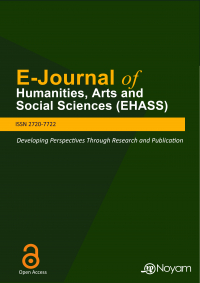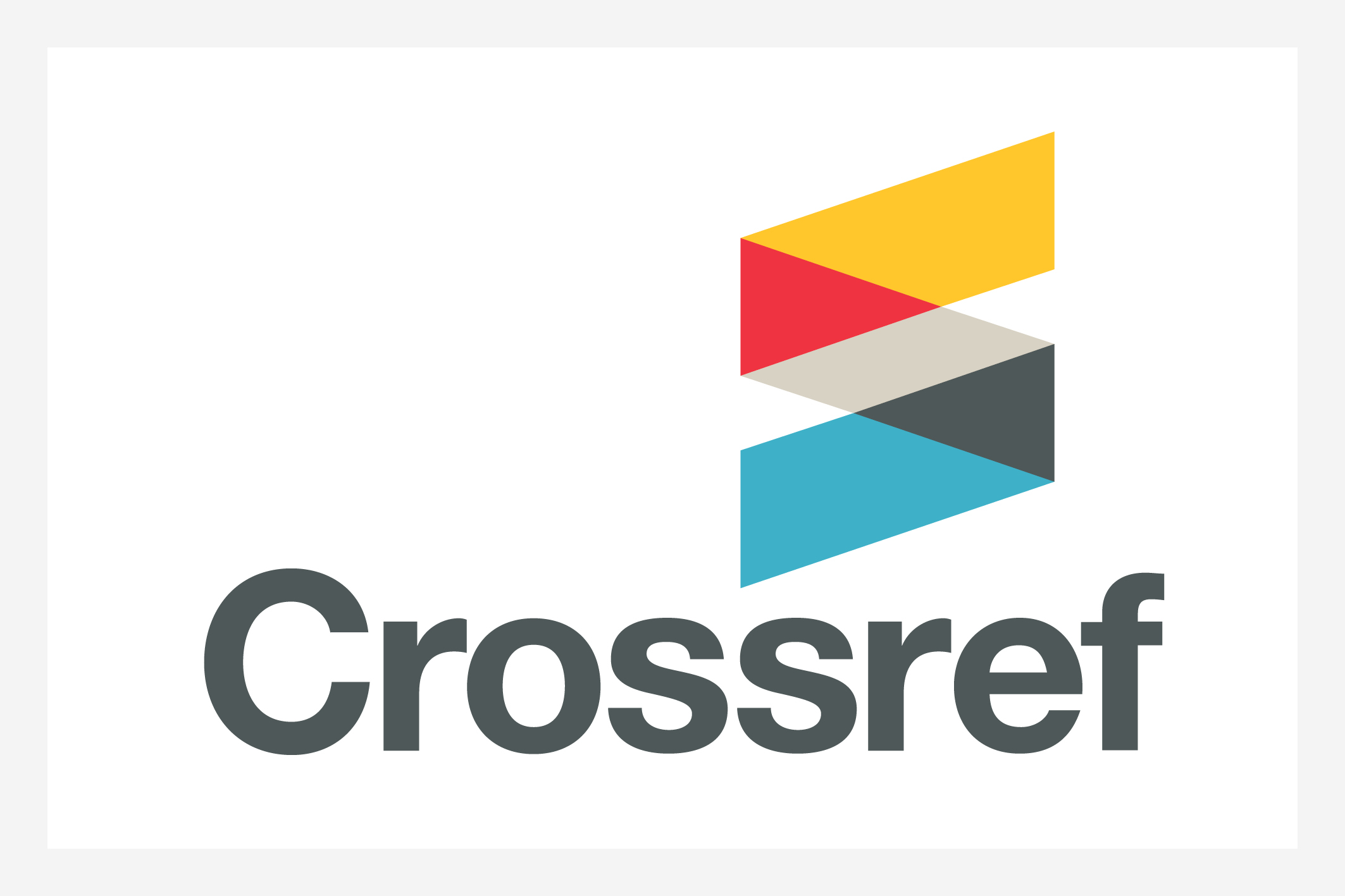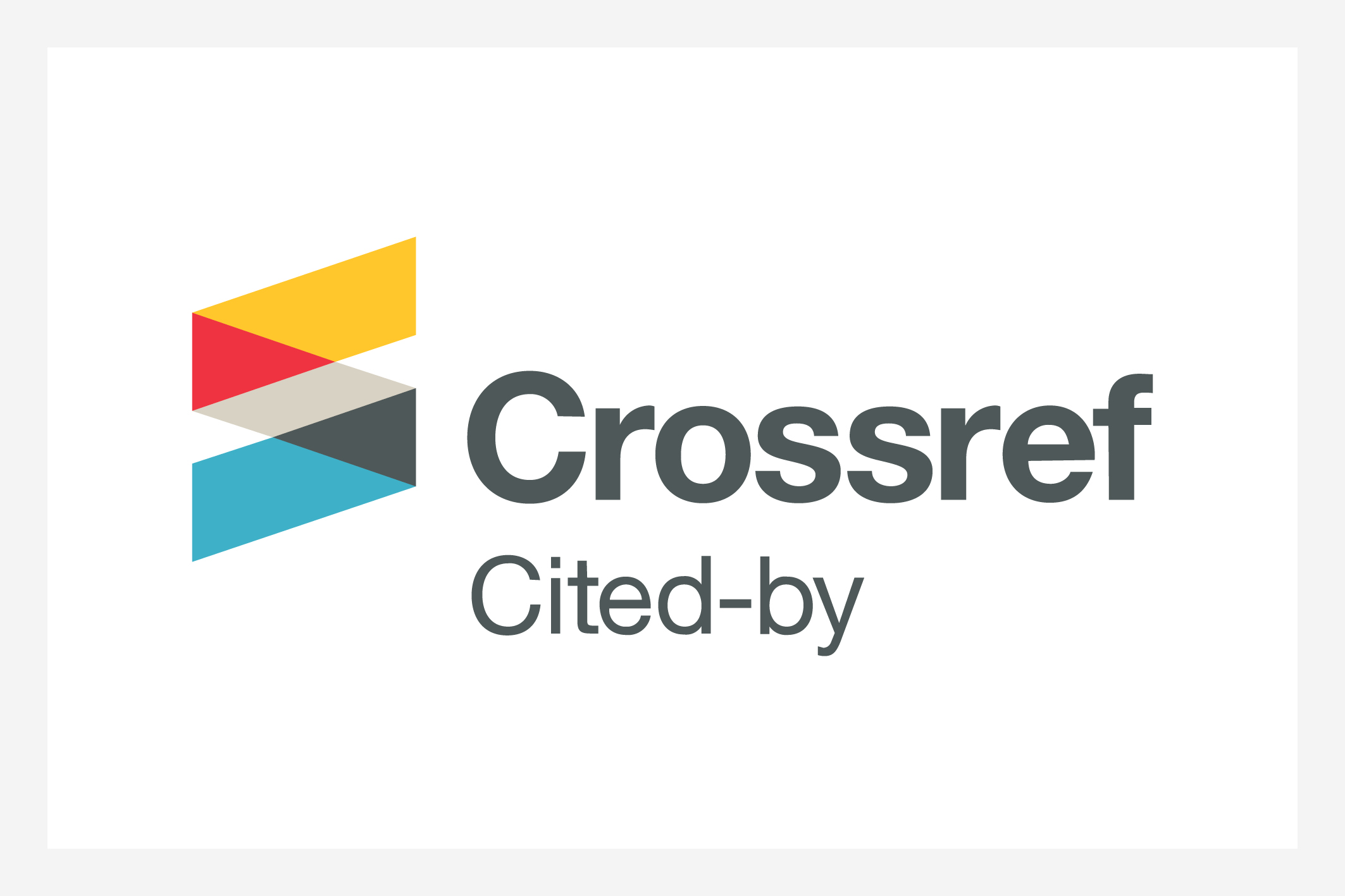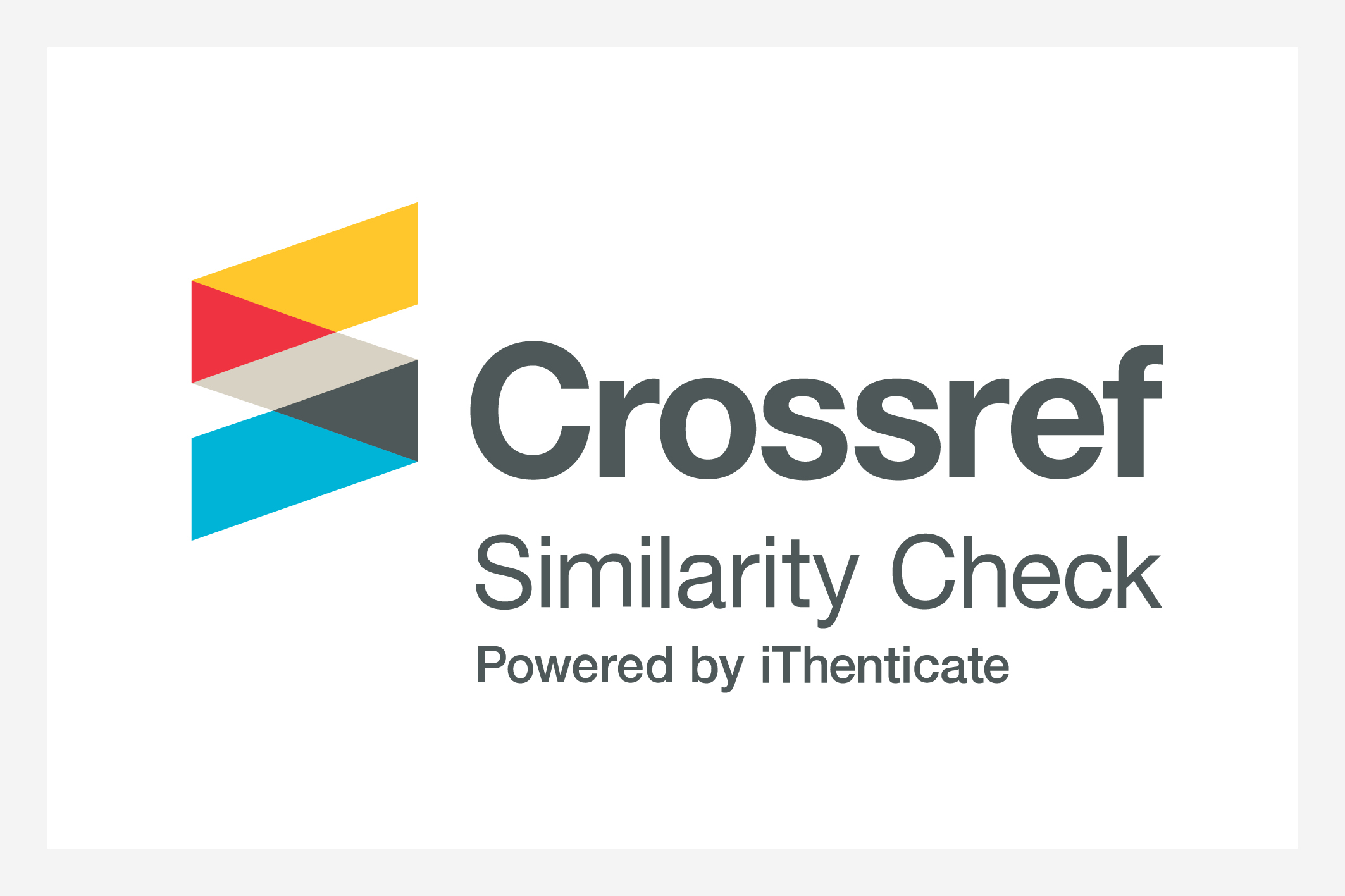
Socio-Economic Factors Contributing to Truancy in Primary School Learners. A Case Study of the Manzini Region, Eswatini
Issue: Vol.6 No.12 Article 4 pp. 2929 – 2942
DOI: https://doi.org/10.38159/ehass.20256124 | Published online 11th November, 2025
© 2025 The Author(s). This is an open access article under the CCBY license (http://creativecommons.org/licenses/by/4.0/).
This study examines the role of socio-economic factors in influencing school attendance in the Manzini Region of Eswatini. It further examines the relationship between parental involvement, poverty, parents’ or guardians’ employment status, and truancy among primary school learners in the region. The study employed a mixed-methods approach and adopted Bronfenbrenner’s 1979 Ecological Systems theory, which emphasizes the interaction between individual, family, and societal factors in shaping an individual’s behavior. Thematic analysis was used to process the qualitative data, while SPSS was used for the quantitative findings. The study involved five principals, ten teachers, twenty students, and ten parents/guardians. The findings revealed that learners from low-income households, children of unemployed or informally employed parents, and those experiencing limited parental involvement were significantly more likely to engage in truancy. Inadequate access to school resources, peer influence, and family instability also emerged as strong predictors of absenteeism. The study concluded that truancy undermines educational outcomes, contributes to increased dropout rates, and perpetuates the cycle of poverty in families and society. The study challenged policymakers and educators to craft actionable, targeted interventions to mitigate socioeconomic factors that act as barriers to accessing and providing education. This study contributes to scholarship by providing empirical evidence on how socio-economic factors interact to influence truancy within the Eswatini context, where research is limited. It extends the application of Bronfenbrenner’s ecological framework to the problem of primary school absenteeism, thereby providing a contextualized understanding of the microsystem (family), mesosystem (school), and exosystem (community) influences on learner attendance.
Keywords: Truancy, Socio-economic factors, Learning, Learner performance.
Abdullah, Muhammad Azmi, Syed Sofian Syed Salim, and Mohamed Arip. “Factors That Influenced the Problem of Truancy among Secondary School Students.” International Journal of Academic Research in Business and Social Sciences 8, no. 3 (2018): 363–73.
Ambika, R., and K. Krishnamoorthy. “Determinant of Socio-Economic Sustainable Development.” Shanlax International Journal of Arts, Science and Humanities 6, no. 3 (2019): 35–36.
Ampofo, Eric T, Kingsley Opoku, and Michael Opoku-Manu. “Truancy as Predictor of Poor Academic Performance among Junior High School Students in Ashanti Mampong Municipality of Ghana.” European Journal of Education and Pedagogy 3, no. 2 (2022): 70–78.
Antonoplis, Stephen. “Studying Socioeconomic Status: Conceptual Problems and an Alternative Path Forward.” Perspectives on Psychological Science 18, no. 2 (March 18, 2023): 275–92. https://doi.org/10.1177/17456916221093615.
Autor, David, David Figlio, Krzysztof Karbownik, Jeffrey Roth, and Melanie Wasserman. “Males at the Tails: How Socioeconomic Status Shapes the Gender Gap.” The Economic Journal 133, no. 656 (2023): 3136–52.
Baier, Dirk. “The School as an Influencing Factor of Truancy.” International Journal of Criminology and Sociology 5 (2016): 191–202.
Barone, Carlo, and Lucia Ruggera. “Educational Equalization Stalled? Trends in Inequality of Educational Opportunity between 1930 and 1980 across 26 European Nations.” European Societies 20, no. 1 (2018): 1–25.
Basnet, Hom Bahadur. “Focus Group Discussion: A Tool for Qualitative Inquiry.” Researcher: A Research Journal of Culture and Society 3, no. 3 (October 31, 2018): 81–88. https://doi.org/10.3126/researcher.v3i3.21553.
Belmonte, Ma Luisa, José Santiago Álvarez, and Ma Ángeles Hernández-Prados. “Rendimiento Académico Percibido En Función de La Ocupación Laboral de Los Padres.” Revista Complutense de Educación 33, no. 2 (2022): 279.
Bendt, A. “Understanding Stratified Random Sampling in Research.” Research Methods Online, 2020. https://www.researchmethodsonline.com/stratified-random-sampling.
Berloffa, Gabriella, Eleonora Matteazzi, and Paola Villa. “The Influence Of Parental Employment Status On Children’s Labor Outcomes. Does The Gender Of Parents And Children Matter.” Journal of Research in Gender Studies 7, no. 2 (2017).
Cheung, Simon K S, Lam For Kwok, Kongkiti Phusavat, and Harrison Hao Yang. “Shaping the Future Learning Environments with Smart Elements: Challenges and Opportunities.” International Journal of Educational Technology in Higher Education 18, no. 1 (2021): 16.
Chowa, Gina, David Ansong, and Issac Osei-Akoto. “Parental Involvement and Academic Performance in Ghana,” 2013.
Denis, Jean-Louis, Nancy Côté, and Maggie Hébert. “Manifestations of Collegiality Within Universities: Delocalisation and Structural Hybridity as Governance Forms and Practices.” In Revitalizing Collegiality: Restoring Faculty Authority in Universities, 137–56. Emerald Publishing Limited, 2023. https://doi.org/10.1108/S0733-558X20230000087006.
Denscombe, M. Good Research Guide: Research Methods for Small-Scale Social Research. 7th ed. Open Univ. Press., 2021.
Elgeddawy, Mohamed, and Mahmoud Abouraia. “Pragmatism as a Research Paradigm.” European Conference on Research Methodology for Business and Management Studies 23, no. 1 (June 26, 2024): 71–74. https://doi.org/10.34190/ecrm.23.1.2444.
Gee, Kevin A. “Minding the Gaps in Absenteeism: Disparities in Absenteeism by Race/Ethnicity, Poverty and Disability.” Journal of Education for Students Placed at Risk (JESPAR) 23, no. 1–2 (2018): 204–8.
Goings, Ramon B, and Brittany Boyd. “The Influence of the Sherman STEM Teacher Scholars Program on Persistence in Science, Technology, Engineering, and Mathematics: A Mixed-Methods Study.” Education Sciences 14, no. 10 (2024): 1076.
Harmey, Sinéad, and Gemma Moss. “Learning Disruption or Learning Loss: Using Evidence from Unplanned Closures to Inform Returning to School after COVID-19.” Educational Review 75, no. 4 (2023): 637–56.
Hellmich, Simon Niklas. “What Is Socioeconomics? An Overview of Theories, Methods, and Themes in the Field.” In Forum for Social Economics, 46:3–25. Taylor & Francis, 2017.
Iliyasu, Rufai, and Ilker Etikan. “Comparison of Quota Sampling and Stratified Random Sampling.” Biom. Biostat. Int. J. Rev 10, no. 1 (2021): 24–27.
Jasrai, Lokesh. Data Analysis Using SPSS. Sage, 2020.
Kamanda, Mamusu. “Does Community Poverty Reduce Children’s School Attendance More at Primary Education than at Secondary Education? Evidence from Post-Conflict Sierra Leone.” Compare: A Journal of Comparative and International Education 46, no. 3 (2016): 435–56.
Kantova, Klara. “Parental Involvement and Education Outcomes of Their Children.” Applied Economics 56, no. 48 (2024): 5683–98.
Kanungo, Pallavi, Seemita Mohanty, and Apparao Thamminaina. “Exploring the Forms of Parental Involvement for Truancy Control: A Scoping Review Analysis with Stakeholder Consultation.” Cambridge Journal of Education 54, no. 3 (2024): 377–96.
Karamba, Wendy, and Isabelle Salcher. “Socioeconomic Impacts of COVID-19 on Households in Somalia: Results from Round 1 of the Somali High-Frequency Phone Survey,” 2021.
Kethineni, Sesha, Susan Frazier‐Kouassi, Yuki Shigemoto, Wesley Jennings, Stephanie M Cardwell, Alex R Piquero, Kimberly Gay, and Dayanand Sundaravadivelu. “PROTOCOL: Effectiveness of Parent‐engagement Programs to Reduce Truancy and Juvenile Delinquency: A Systematic Review.” Campbell Systematic Reviews 17, no. 3 (2021): e1189.
Khan, S, S Ullah, M M Abbas, M Khatoon, M S Malik, and S Noreen. “Effect of Jigsaw Strategy on Academic Achievement and Motivation of Science Students: Evidence from Classroom Intervention.” Kurdish Studies 12, no. 1 (2024): 3455–62.
Kuphanga, D. “ Questionnaires in Research: Their Role, Advantages, and Main Aspects.” Advanced Online Publication, 2024.
Lim, W. “Impacts of Parental Involvement and Parents’ Level of Education on Student’s Academic Accomplishment.” Educ J 10, no. 1 (2021): 35–39.
Liu, Qian, Susan Geertshuis, and Rebecca Grainger. “Understanding Academics’ Adoption of Learning Technologies: A Systematic Review.” Computers & Education 151 (July 2020): 103857. https://doi.org/10.1016/j.compedu.2020.103857.
Masarik, April S, and Rand D Conger. “Stress and Child Development: A Review of the Family Stress Model.” Current Opinion in Psychology 13 (February 2017): 85–90. https://doi.org/10.1016/j.copsyc.2016.05.008.
Morrison, Zoe, Bernard Fernando, Dipak Kalra, Kathrin Cresswell, and Aziz Sheikh. “National Evaluation of the Benefits and Risks of Greater Structuring and Coding of the Electronic Health Record: Exploratory Qualitative Investigation.” Journal of the American Medical Informatics Association 21, no. 3 (2014): 492–500.
Mosia, Moeksi, and Felix O Egara. “Predictors of Student Success in Mathematics: Hierarchical Bayesian Approach.” International Journal of Applied Engineering & Technology 6, no. 2 (2024): 59–72.
Munir, Javeria, Mehreen Faiza, Bakht Jamal, Sana Daud, and Khurshed Iqbal. “The Impact of Socio-Economic Status on Academic Achievement.” Journal of Social Sciences Review 3, no. 2 (2023): 695–705.
Naeem, Muhammad, Wilson Ozuem, Kerry Howell, and Silvia Ranfagni. “A Step-by-Step Process of Thematic Analysis to Develop a Conceptual Model in Qualitative Research.” International Journal of Qualitative Methods 22 (2023): 16094069231205789.
Nagaraju, V, N Mani, and S Reddy. “Determinants of the Socio-Economic Status (SES)–Literature Evidence.” Quarterly Journal 22, no. 4 (2019): 1–23.
Nair, Subadrah Madhawa, W Wider, D Bo, G K S Singh, and M Siddique. “The Impact of Parental Involvement in Preschool on Children’s Academic Performance.” Journal of Ecohumanism 3, no. 7 (2024): 3796–3808.
Naven, Lynn, James Egan, Edward M Sosu, and Sara Spencer. “The Influence of Poverty on Children’s School Experiences: Pupils’ Perspectives.” Journal of Poverty and Social Justice 27, no. 3 (2019): 313–31.
Nordin, Mohd Norazmi, Lo Wen Huey, Helvinder Kaur, and Mohd Saleh Abbas. “A Review of Studies Related to Parental Involvement in Early Intervention for Children with Special Educational Needs with Visual Impairment.” International Journal of Academic Research in Business and Social Sciences, 2024, 110–13.
Omarkhanova, A., A. Sugiralina, N. Yesbergen, and I. Adikhanov. “ Investigating the Impact of Parental Involvement on Student Academic Achievement.” ‘Bilim’ Scientific and Pedagogical Journal 109 (2024): 43–52.
Paun, Nicoleta. “The Parental Impact on Education: Understanding the Correlation between the Parental Involvement and Academic Results.” Acta Educationis Generalis 14, no. 2 (2024): 16–26.
Prado-Morales, Mirtha del, Cecilia Simón-Rueda, Aldo Aguirre-Camacho, and Jesús Alonso-Tapia. “Parental Involvement and Family Motivational Climate as Perceived by Children: A Cross-Cultural Study.” Psicología Educativa. Revista de Los Psicólogos de La Educación 26, no. 2 (2020): 121–28.
Rahman, Arifa, and Md Golam Muktadir. “SPSS: An Imperative Quantitative Data Analysis Tool for Social Science Research.” International Journal of Research and Innovation in Social Science 5, no. 10 (2021): 300–302.
Ramberg, Joacim, Sara Brolin Låftman, Emma Fransson, and Bitte Modin. “School Effectiveness and Truancy: A Multilevel Study of Upper Secondary Schools in Stockholm.” International Journal of Adolescence and Youth 24, no. 2 (2019): 185–98.
Seidu, Abdul-Aziz, Edward Kwabena Ameyaw, Bright Opoku Ahinkorah, Leonard Baatiema, Samuel Dery, Augustine Ankomah, and John Kuumuori Ganle. “Sexual and Reproductive Health Education and Its Association with Ever Use of Contraception: A Cross-Sectional Study among Women in Urban Slums, Accra.” Reproductive Health 19, no. 1 (2022): 7.
Sharma, M. Inclusive Education and Parental Involvement: Mainstream School and Integration of Disabled Children. Laxmi Book Publication, 2024.
Shute, Jonathan W., and Bruce S. Cooper. “Understanding In-School Truancy.” Phi Delta Kappan 96, no. 6 (March 23, 2015): 65–68. https://doi.org/10.1177/0031721715575303.
Soriano, Joy Lynne, and Gideon Sumayo. “Parents as Teachers in Modular Distance Learning: Relationship of Parenting Style and the English Academic Performance.” TRANS-KATA: Journal of Language, Literature, Culture, and Education 4, no. 2 (2024): 102–16.
Sosu, Edward M, Shadrach Dare, Claire Goodfellow, and Markus Klein. “Socioeconomic Status and School Absenteeism: A Systematic Review and Narrative Synthesis.” Review of Education 9, no. 3 (2021): e3291.
Virtanen, Tuomo E, Eija Räikkönen, Maaike C Engels, Kati Vasalampi, and M-K Lerkkanen. “Student Engagement, Truancy, and Cynicism: A Longitudinal Study from Primary School to Upper Secondary Education.” Learning and Individual Differences 86 (2021): 101972.
Wulandri, Diana. “Pengaruh Gaya Asuhan Ibu Bapa Terhadap Ponteng Sekolah.” Conference: Kuala Lumpur International Communication, Education, Language and Social Sciences (KLiCELS 9) 9 (2018).
Zhang, Tong, Zaffar A. Shaikh, Alexei V. Yumashev, and Monika Chłąd. “Applied Model of E-Learning in the Framework of Education for Sustainable Development.” Sustainability 12, no. 16 (August 10, 2020): 6420. https://doi.org/10.3390/su12166420.
Naboth Phebeni is a Ph.D. Candidate in Leadership and Educational Management at the University of KwaZulu-Natal. His research focuses on educational leadership, organizational development, inclusive education, and data-driven decision-making. He lectures at CECOS College, London (Birmingham Campus), in the Department of Education and Training, where he delivers Level 7 modules and mentors postgraduate students. Before joining higher education, Phebeni gained extensive experience in school leadership and management. His roles as Director of Sport and Head of Physical Education in Eswatini and Zimbabwe, and as a Senior Lecturer at Amadi University College, have equipped him with a wealth of knowledge and expertise. He has also served as a Senior Lecturer at Amadi University College, teaching leadership, management, and research-oriented modules. Phebeni’s work is a testament to his commitment to advancing effective and inclusive educational leadership practices. His integration of practical leadership experience with scholarly inquiry has led to significant contributions in this field, instilling confidence in his peers and students alike.
Zinhle Nozipho Mamba is a dedicated educator and holds a Master’s degree in Educational Measurement, Assessment, and Evaluation from Bindura University of Science Education, Zimbabwe. Her research interests are centered on developing practical educational evaluation and assessment strategies that foster student engagement and achievement. She is committed to leveraging educational technology and promoting inclusive education to ensure every student’s success. Zinhle is a teacher passionate about improving effective teaching and learning processes and creating inclusive and supportive learning environments for students, drawing on her extensive experience as a teacher. Her vast classroom expertise has equipped her with valuable insights into learners’ diverse needs and the ability to bridge the gap between theory and practice. She ensures that all learners receive the necessary academic support to strive academically and personally.
Phebeni, Naboth Mudavanhu, and Zinhle Nozipho Mamba.“Socio-Economic Factors Contributing to Truancy in Primary School Learners: A Case Study of the Manzini Region, Eswatini.” E-Journal of Humanities, Arts and Social Sciences 6, no. 12 (2025): 2915 – 2928, https://doi.org/10.38159/ehass.20256124.
© 2025 The Author(s). Published and Maintained by Noyam Journals. This is an open access article under the CCBY license (http://creativecommons.org/licenses/by/4.0/).










